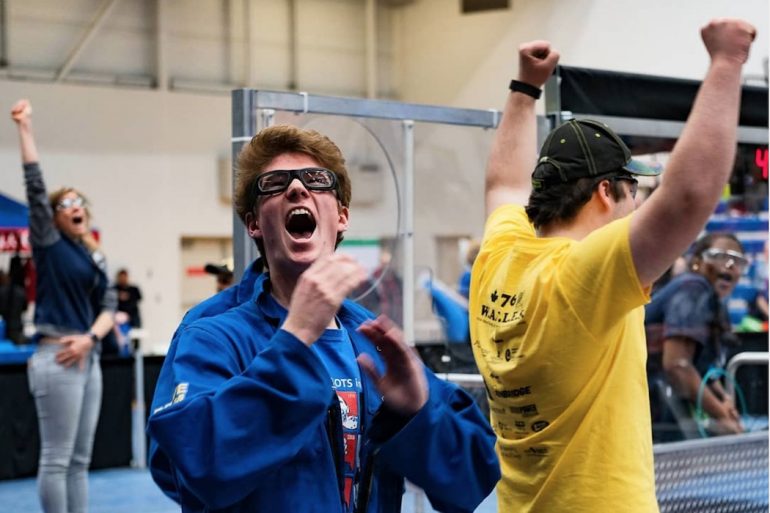Toronto-headquartered First Robotics, an organization that runs digital skills competitions across Canada, has received a $1.4 million investment from the federal government’s CanCode program.
“With this support, we will continue to reach more students, like those in underserved communities.”
– Mark Breadner
With this investment, the government said First Robotics will teach digital skills and coding to 80,000 students and up to 5,000 teachers across Canada. The program will see students and teachers learn various program applications, through First’s in-person and online classes, workshops, and robotics competitions. Focus points of the program include coding, data analytics, digital content development, and artificial intelligence.
“First Robotics Canada is thrilled to expand our programs and digital skills training to more kids and youth across Canada through CanCode,” said Mark Breadner, president of First Robotics Canada. “With this support, we will continue to reach more students, like those in underserved communities, with an engaging STEM program that not only teaches robotics and coding but also focuses on the principles of leadership, teamwork and embracing diversity and inclusion.”
First Robotics principally runs robotics competitions for students at the elementary and high school level. The organization is volunteer-led and run, with a goal to encourage youth to pursue careers in STEM. First Robotics claims its participants are more than twice as likely to enroll in an engineering course in their freshman year of post-secondary education, and that three-quarters of its alumni are either studying or working in a STEM field.
CanCode is a two-year federal program, created to support opportunities for K-12 students to learn digital skills like coding, data analytics, and digital content development. Budget 2019 is investing $60 million in CanCode, in addition to the $50 million from Budget 2017, bringing the program’s funding total to $110 million.
RELATED: New government supported software teaches kids to code in Ojibwe
In its first stage, the program backed the delivery of training sessions to more than 1.3 million students and 61,000 teachers. Through this next phase, the government will work with 27 partner organizations to train over 2 million more students and teachers.
“By investing in resources to teach them digital skills and making higher education more affordable, our government is helping them transition successfully from classrooms to research labs, shop floors, or boardrooms,” said Navdeep Bains, Minister of Innovation, Science and Economic Development.
Last January, CanCode invested $10 million into Actua, which also provides STEM education to Canadian youth. Kids Code Jeunesse was also among the organizations that received a $6 million grant through CanCode. Code Create Tech, which brought its programming to northern communities in Canada this year, also received $6 million in funding from the federal program.
Image courtesy First Robotics via Instagram


